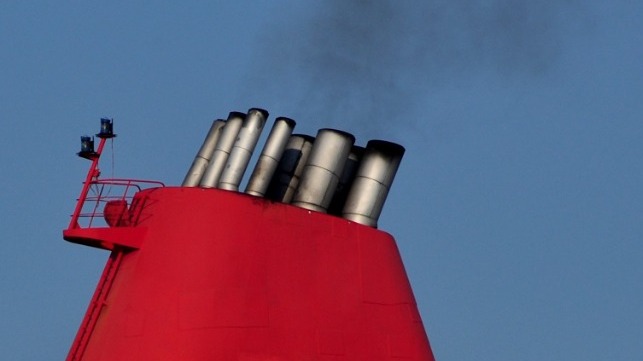MEPC 81 Expected to Deliver Key Decisions on Universal GHG Levy

Following the adoption of the Revised GHG (Greenhouse Gases) Strategy in July last year, the IMO’s 81st session of MEPC (Marine Environment Protection Committee) will be taking place this week, with the expectation that it will finalize key mid-term measures, primarily the carbon pricing regulation and GHG fuel standard. Some progress was made last week during the sixteenth session of the Intersessional Working Group on Reduction of GHG Emissions from ships (ISWG- GHG 16).
This session provided some clues on the specific measures that IMO member states want to see included in the upcoming MARPOL amendment, scheduled for MEPC 83 in the Spring of 2025.
“It is hard to overstate the significance of what might be agreed in Spring 2025. Given this significance, ISWG-GHG 16 provides some important clues on where preferences are developing. However, this is still an early stage in the debate, with key evidence of the impacts and costs of different policy specifics expected this summer,” said Dr. Tristan Smith, Director of the maritime consultancy UMAS.
One notable progress made last week during the ISWG 16 was on GHG fuel standard (referred to as goal-based marine fuel standard), which was agreed in the 2023 Revised GHG Strategy as a candidate measure for delivering emissions reduction targets.
The GHG intensity limits of the candidate marine fuel have been linked to the indicative checkpoints, still adopted in last year’s Revised Strategy. This lays the ground work for shipping sector and its value chain to position its assets to achieve at least a 90 percent reduction in emissions by 2040.
The term “indicative checkpoints” was introduced in the last Revised Strategy, aiming to reduce annual GHG emissions by 20 percent, striving for 30 percent by 2030 compared to 2008 levels, and by at least 70 percent, striving for 80 percent by 2040.
Another topic central to this week’s MEPC session is on the GHG pricing mechanism, which has drawn mixed reactions from the member states. Although all the options that have been fronted are in support of carbon pricing, the level of ambition differs significantly.

that matters most
Get the latest maritime news delivered to your inbox daily.
This was visible during the ISWG 16, with 31 countries across the Caribbean, Pacific and Africa supporting a GHG price on shipping emissions. Of these states, 17 backed the most ambitious proposal for a $150 levy per ton of GHG emissions. Meanwhile, China, Brazil, Norway and UAE led a proposal for a more complex mechanism, the International Maritime Sustainable Fuels and Fund (IMSF&F). It involves setting an annual fuel intensity target from 2027 and establishing a fee for non-compliance. According to some experts, this would incentivize use of fossil gas (LNG) until 2030, yet without generating the necessary revenue to facilitate green transition.
At this stage, these different proposals are welcome as they set the stage for negotiations among member states before a final vote is taken. It is important to note that most members are yet to announce which proposal they will back.
